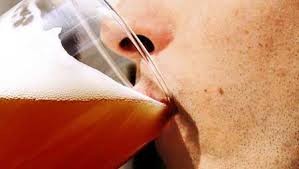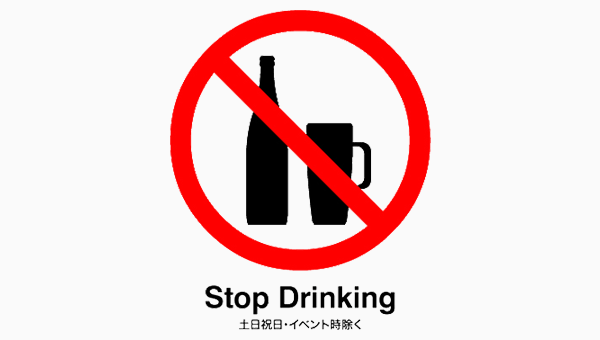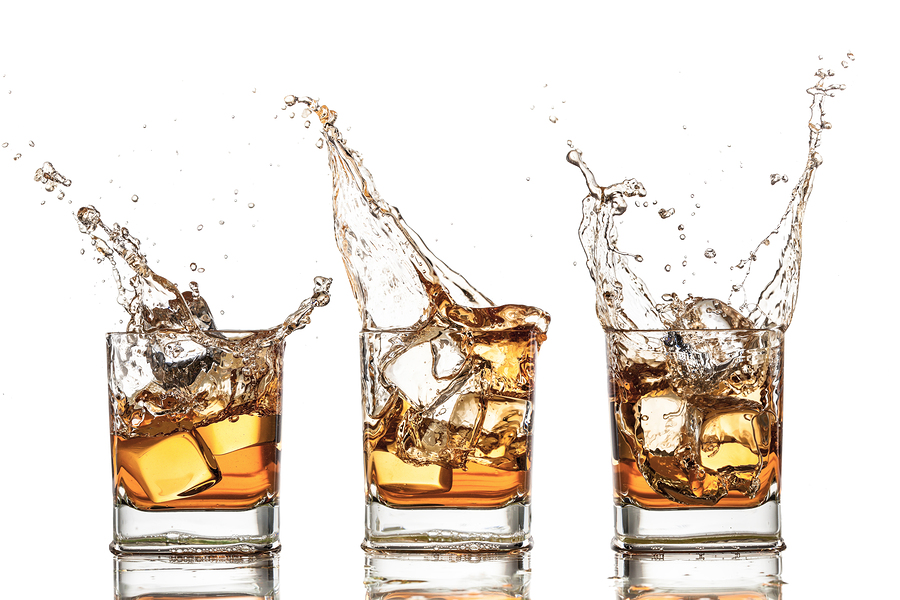Empty calories with alcohol consumption

Empty calories with alcohol consumption and in fact, alcoholism in depth may come with serious complications
Empty calories with alcohol consumption: Negligible food nutrient in alcoholic beverages
Alcoholic beverages primarily consist of water, pure alcohol which is chemically known as ethanol and variable amounts of sugars i.e., carbohydrates; these are the major ingredients you will find in pure alcohol drink nonetheless in what would be considered to be seriously negligible is the content of other nutrients including proteins, vitamins, or minerals which would construed to apportion of less than one percent of the whole content of pure alcohol put together. Doctor Akoury says that looking at the negligibility of the nutrient content in pure alcohol, experts have in unison consented that because they provide almost no potential food nutrients and alcoholic beverages are considered empty calories. It therefore means that any calories that may be provided by alcoholic beverages are derived from the carbohydrates and alcohol they contain. Besides that it is very important to note that even as we appreciate this inadequacy, the carbohydrate content varies greatly among beverage types.
Empty calories with alcohol consumption: Misuse of alcohol
In spite of all these says doctor Akoury that under certain conditions, it will however interest you to note that alcohol derived calories when misused and taken in extensive amounts can have less biologic value than carbohydrate derived calories. This has been a subject of several studies. Like for instance in ones of the studies where the weights of two groups of participants who received balanced diets containing equal numbers of calories. In this study, it was established that one of the groups, 50 percent of total calories were derived from carbohydrates, whereas in the other group the calories were derived from alcohol. The study participants were observed on the metabolic ward of a hospital during the experiments. The quantity of alcohol administered did not exceed the amount routinely consumed by these volunteers.
Finally although all participants received the same number of calories, those in the alcohol group exhibited a decline in body weight compared with those in the carbohydrate group. Moreover, when the participants received additional calories in the form of alcohol, they did not experience any corresponding weight gain. This suggests that some of the energy contained in alcohol is “lost” or “wasted” meaning, it is not available to the body for producing or maintaining body mass. This is a very interesting discussion and we are going to continue with it in our most immediate article. And for that reason we want to make a further appeal to you to stay on the link to continue receiving these valuable health information. In the meantime, if you are struggling with alcohol addiction and you don’t know how to start or who to approach, then you are at the right place where all addiction problems are professionally addressed. Take that initiative of calling doctor Akoury to schedule for an appointment with her for the commencement of your recovery process.
Empty calories with alcohol consumption: Negligible food nutrient in alcoholic beverages
http://www.awaremednetwork.com/









